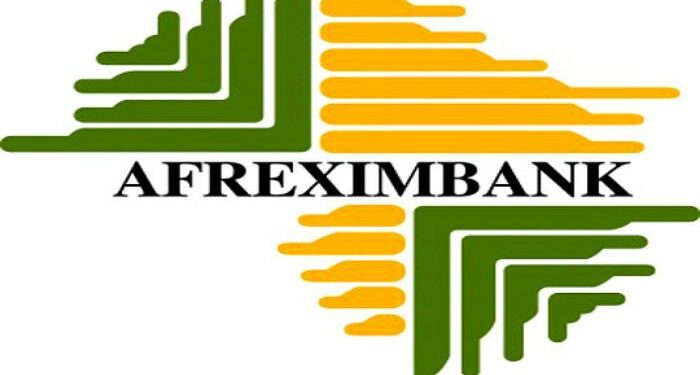Nigeria commits to 11.85% interest on $3.3bn Afrexim Bank loan, offers 164 million barrels as security
Critics have raised concerns about NNPC’s engagement in acquiring loans to boost forex reserves instead of focusing on increasing oil revenues.
The $3 billion emergency loan was secured to stabilize the country’s volatile foreign exchange market, and relief it of its outstanding forex liabilities that surpass $7 billion.
Sources told Reuters that Afrexim Bank is tapping oil traders, that would receive reimbursement in the form of physical cargoes of oil to finance the loan. At the time of the report, the bank was actively determining the specific quantity of oil to offer these traders in return for the provided financing.
The intricate details of the transaction, which spans five years, had been undisclosed by all parties involved until this point.
According to TheCable, Nigeria has committed to delivering a total of 164.25 million barrels of crude oil, at a rate of 90,000 barrels per day, from 2024 onwards to settle the loan through Project Gazelle Funding Ltd, an “orphan” special purpose vehicle (SPV) incorporated in the Bahamas for the PxF.
Essentially, the NNPC has used 38.58 per cent of five years’ worth of tax and royalty oil as collateral to secure the loan.
As of the start of 2024, a barrel of Nigerian oil was traded in the international market at a rate of $77.93 per barrel, according to the Central Bank of Nigeria (CBN) data. At the present market price, the 164.25 million barrels of oil committed by Nigeria amounts to $12.8 billion, which is three times the value of the facility obtained.
To fulfil the repayment, the NNPC will engage in forward-selling 90,000 barrels per day of Nigeria’s offshore crude oil share under the production sharing contracts (PSCs) with various oil companies.
Under PSCs, companies fulfil their royalty and tax obligations by providing the oil equivalent to the Nigerian Upstream Petroleum Regulatory Commission (NUPRC) and the Federal Inland Revenue Service (FIRS) respectively
The NNPC in turn exports the oil on behalf of NUPRC and FIRS and remits the proceeds to the agencies. This is part of the revenues paid into the federation account and shared by the three tiers of government. However, under the PxF, the revenue from 90,000 barrels per day will be used to service the loan in the next five years.
Per the report, the loan arrangers will receive a commission of $66 million, equivalent to 2 per cent of the facility. Additionally, in the case of a default, Nigeria will incur a penalty of 2 per cent per annum.
Critics have raised concerns about NNPC’s engagement in acquiring loans to boost forex reserves instead of focusing on increasing oil revenues.


